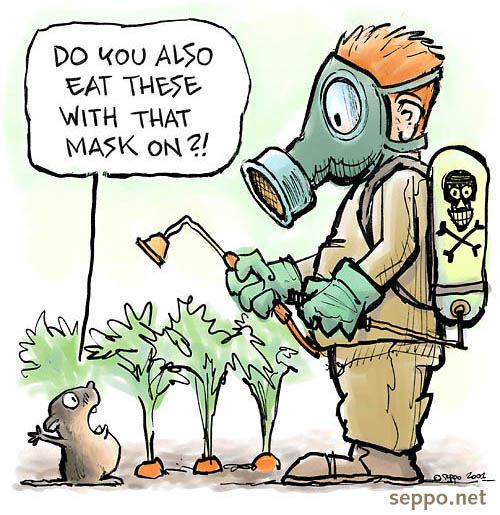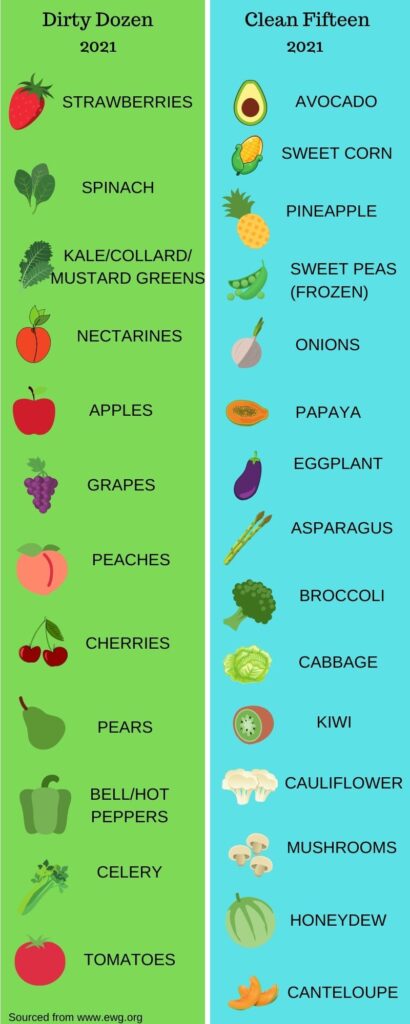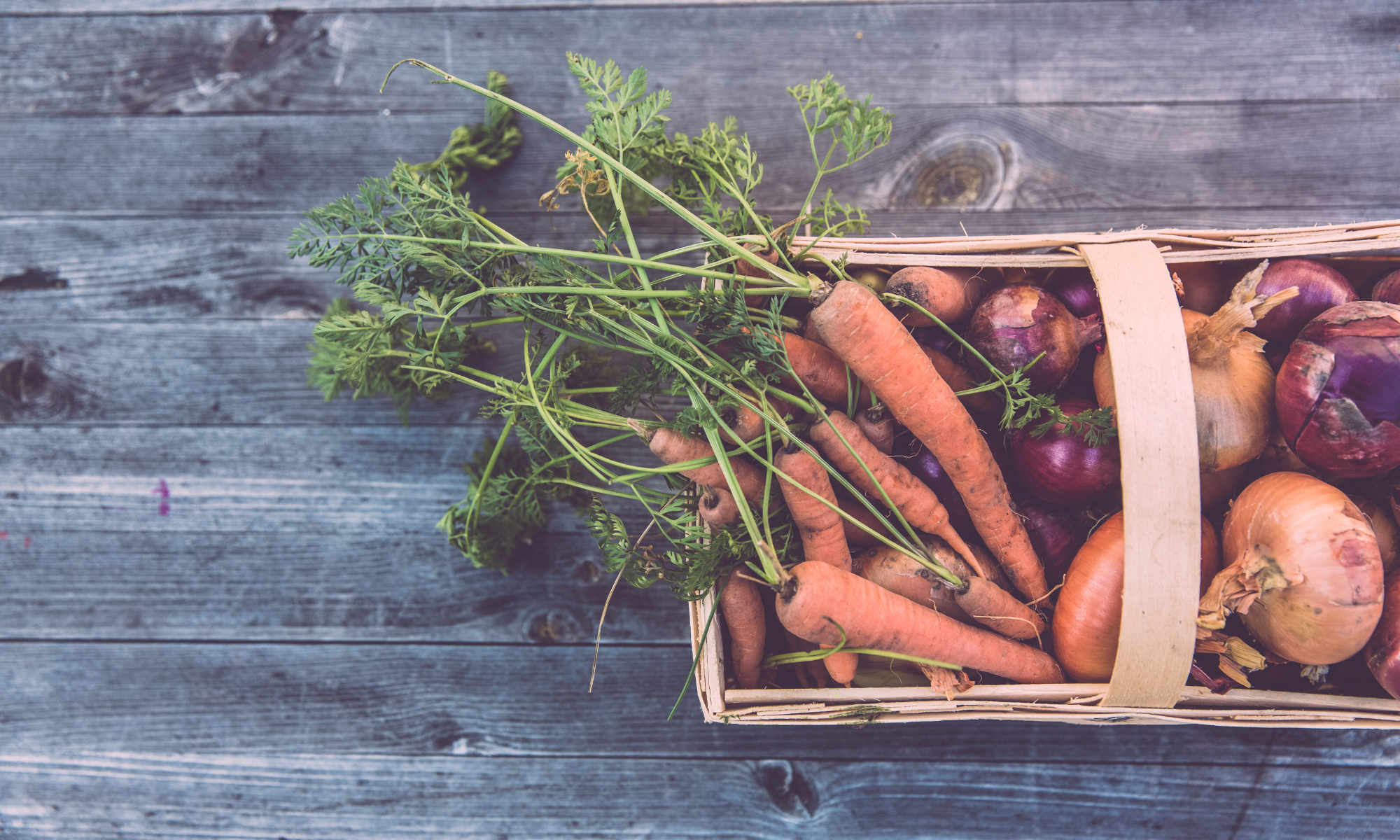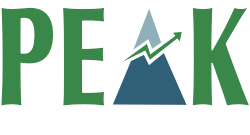Would you be surprised to find out that your organic fruits and veggies are often grown using pesticides?

It’s true!🤯
🤔So that begs the question – if both organic and conventional produce have pesticides, does it really matter what I buy?
🤷♀️ Yes, but also no…sometimes.
While both forms of farming utilize pesticides, organic farmers will utilize other forms of pest protection (like insect traps or predator insects) prior to resorting to pesticides. Prevention is the focus and pesticides/herbicides are used as a last resort, when preventative strategies aren’t working. Most pesticides used in organic farming are “natural” meaning that they are extracted from a natural source, like plants or other living organisms. This means that, in general, pesticides used in organic farming are less toxic than their conventional (synthetic) counterparts.
☠️The less toxins we expose ourselves to the better! When you take in toxins, your body shifts into damage control mode and expends precious energy and nutrients trying to clear those toxins out.
🛒💰That being said, buying solely organic produce isn’t always possible (or affordable!). There are ways to find balance:
1️⃣Utilize the EWG Dirty Dozen/Clean Fifteen Lists

These lists determine which produce is likely to be highest in pesticides (Dirty Dozen) and should be bought organic and which fruits and veggies are lower in pesticides (Clean Fifteen), making the choice between organic and conventional less important.
Head on over to the Environmental Working Groups website for a full list. https://www.ewg.org/foodnews/
2️⃣Buy Organic For The Foods You Eat Most Often
If you go through mountains of spinach and heaps of cucumbers in a week, spend your organic budget on these foods. For foods you eat less frequently, conventional may be ok.
3️⃣Practice Food Safety
Wash those fruits and veg under running water, clean the edible peels of potatoes, carrots, apples etc. with a brush and scrub inedible peels to reduce pesticide residue that can enter food when cut. Discard outer leaves of foods like cabbage.
4️⃣Variety Is Key
Different crops require different pesticides, so eating a varied diet not only provides a wider array of nutrients, but minimizes the risk of overloading on a particular toxin.
5️⃣Get To Know Your Farmer
If you are lucky enough to have Farmers’ Markets near you, introduce yourself to the producers. Ask questions about their product and farming practices.
‼️Most importantly! Don’t stress over it! If you can afford organic – GREAT! If not, remember that what is most important is eating plenty of fruits and vegetables, regardless of their source.
The Environmental Working Group says:
❝The health benefits of a diet rich in fruits and vegetables outweigh the risks of pesticide exposure. Eating conventionally grown produce is far better than skipping fruits and vegetables.❞
Do you buy only organic, solely conventional or a balance between the two?


One Reply to “Go Organic or Go Home? Not So Fast….”